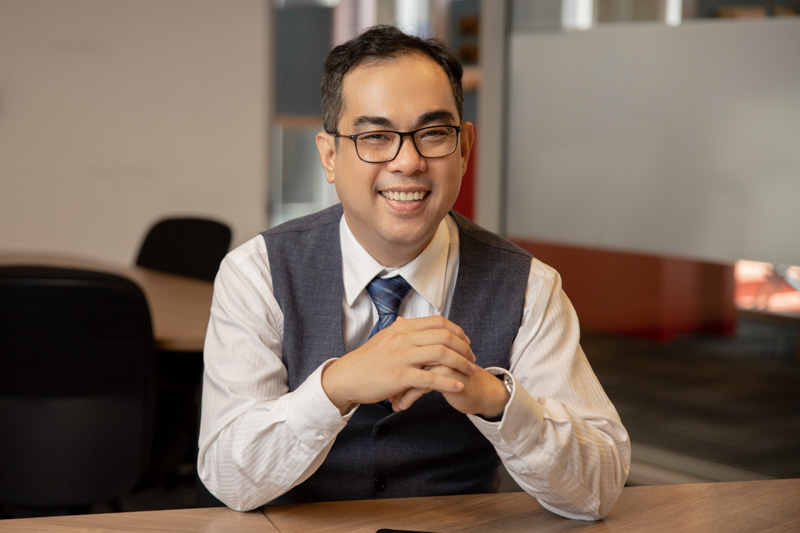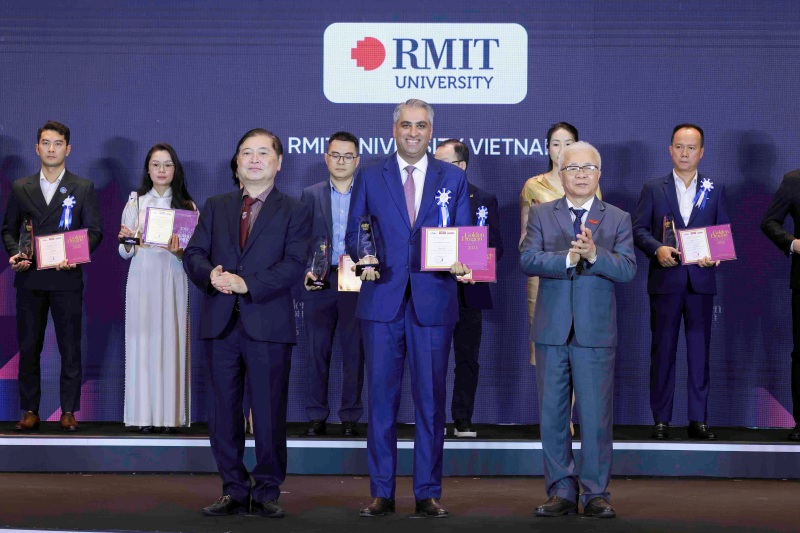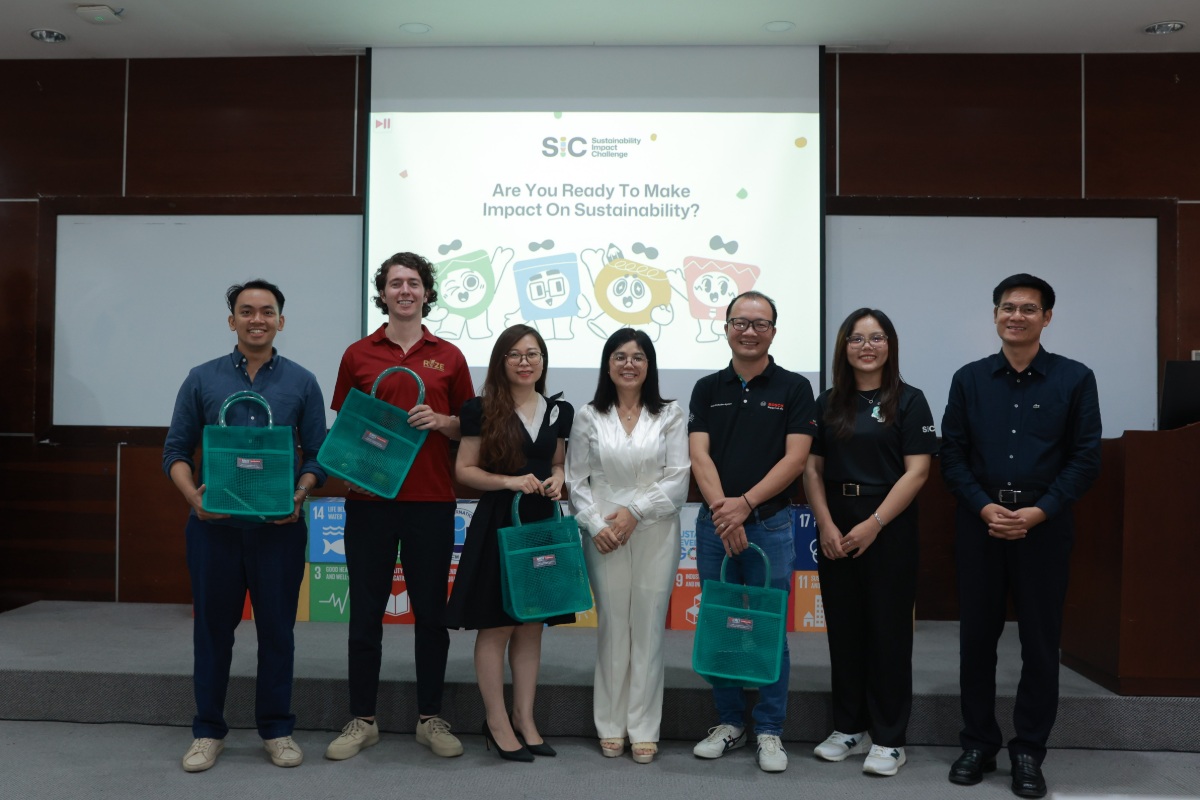Dr Nguyen Van Thang Long, RMIT School of Communications & Design senior lecturer and researcher said when faced with an imminent health threat, people were motivated to talk with others to share their concerns, seek assurances, and interpret the messages to guide their behaviours.
“This is particularly relevant to Vietnamese context where collectivism culture still plays very important roles in guiding peoples’ behaviour in both online and offline settings,” Dr Long said.
Vietnam is one of the most thriving digital markets in Asia, with over 72 million users among its nearly 97 million population in 2021 according to the Ministry of Information and Communication. The average amount of time per day Vietnamese spend on social media is approximately 3.18 hours. Facebook and YouTube are popular apps, while Instagram and Twitter are trending with young users. Local popular social media platform, Zalo, launched in 2012 and has also gained a strong foothold in the local market over the last decade.
Since the first case of the novel coronavirus in Vietnam was declared in January 2020, the Vietnamese government has used social media as an important communication tool to disseminate its public health information.
The Ministry of Health (MoH) declared four simultaneous measures to prevent COVID-19. It included:
- providing continuous updates regarding outbreaks and sharing government public health policies through the state-owned mass media,
- sharing public health prevention messages on social platforms including Facebook and YouTube,
- sending prevention messages directly to individuals via Zalo,
- and working with the Ministry of Information and Communication, Facebook, and Google to restrict fake news and rumours related to the outbreak, including launching an official website to provide information to counter misinformation along with phone hotlines for people to speak directly with the MoH experts.
Dr Long noted that despite the use of expert sources in online health messages, it is possible that comments shared by like-minded people such as friends and relatives can spotlight arguments contradicting public health messages leading users to become distracted from the official health messages.
“People tend to make decisions dependent on the actions of their close friend and family networks,” Dr Long said. “This behaviour is also reflected through the social media activity of these groups.”
The team saw clear evidence of how important (in)congruency is in the combined effects of news and comments on audiences’ perception of risks and intentions to stay at home.
“When participants talked to figures of influence about the outbreak, they likely received advice and felt normative pressure to comply with this advice,” Dr Long said.
“Participants’ personal risk perception increases when information shared by like-minded people is congruent with that within news articles.
“Vice versa, their social risk perception decreases, and that leads to contradictory actions toward government messaging.”
Dr Long emphasised that communication strategies using micro KOLs or informal community leaders are highly recommended to highlight personal risk perception rather than social risk perception which, in turn, strengthens our community coping with the new normal and stay COVID safe.
“In this social media era, people [particularly the younger generation] don't tend to comply with propaganda or government communication using macro KOLs or mass media,” he said.
“Citizens continue to observe others and discuss with them the policy measures.
The co-authors include Duong Trong Hue (Georgia State University), Soroya Julian McFarlane (University of Georgia), Nguyen Thanh Hoa (University of Maryland), and Nguyen The Khai (Ho Chi Minh City Open University). The paper ‘Preventing the COVID-19 Outbreak in Vietnam: Social Media Campaign Exposure and the Role of Interpersonal Communication’ was published on journal ‘Health Communication’ of Taylor & Francis Online.
Story: Ha Hoang





